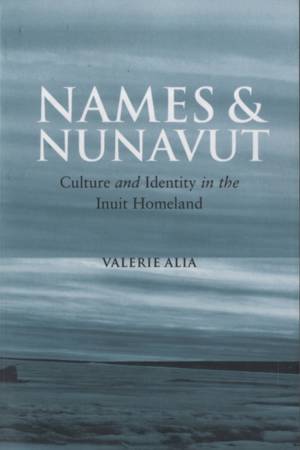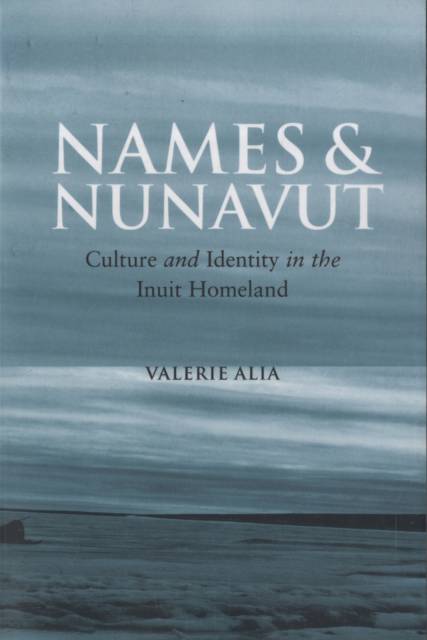
- Afhalen na 1 uur in een winkel met voorraad
- Gratis thuislevering in België vanaf € 30
- Ruim aanbod met 7 miljoen producten
- Afhalen na 1 uur in een winkel met voorraad
- Gratis thuislevering in België vanaf € 30
- Ruim aanbod met 7 miljoen producten
Omschrijving
On the surface, naming is simply a way to classify people and their environments. The premise of this study is that it is much more - a form of social control, a political activity, a key to identity maintenance and transformation. Governments legislate and regulate naming; people fight to take, keep, or change their names. A name change can indicate subjugation or liberation, depending on the circumstances. But it always signifies a change in power relations. Since the late 1970s, the author has looked at naming and renaming, cross-culturally and internationally, with particular attention to the effects of colonisation and liberation. The experience of Inuit in Canada is an example of both. Colonisation is only part of the Nunavut experience. Contrary to the dire predictions of cultural genocide theorists, Inuit culture - particularly traditional naming - has remained extremely strong, and is in the midst of a renaissance. Here is a ground-breaking study by the founder of the discipline of political onomastics.
Specificaties
Betrokkenen
- Auteur(s):
- Uitgeverij:
Inhoud
- Aantal bladzijden:
- 208
- Taal:
- Engels
Eigenschappen
- Productcode (EAN):
- 9781845454135
- Verschijningsdatum:
- 1/12/2008
- Uitvoering:
- Paperback
- Formaat:
- Trade paperback (VS)
- Afmetingen:
- 152 mm x 229 mm
- Gewicht:
- 267 g

Alleen bij Standaard Boekhandel
Beoordelingen
We publiceren alleen reviews die voldoen aan de voorwaarden voor reviews. Bekijk onze voorwaarden voor reviews.











